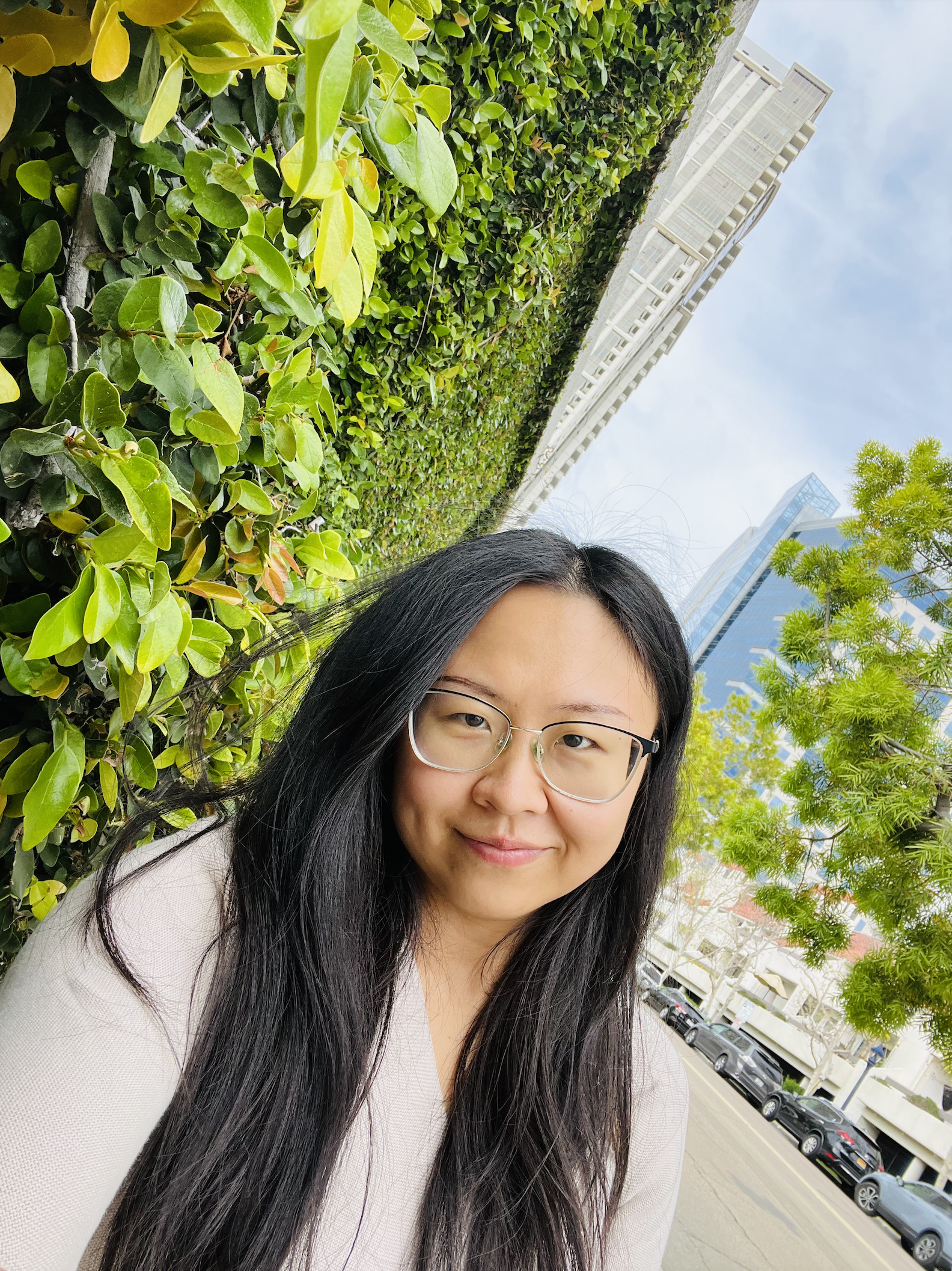Cooperative Organic Chemistry Laboratory

Summary
This laboratory curriculum uses project-based learning to engage second-year organic chemistry students in investigations which incorporate green chemistry decision-making. The basis for this laboratory curriculum is to experience science from the perspective of an organic chemist. Working in groups, students are tasked with a project requiring them to design and carry out an investigation centered around an organic chemistry reaction. Students have opportunities to plan investigations, engage in green decision-making, use scientific models of phenomena, construct explanations, analyze data to generate evidence, and use that evidence in argumentation communicated in classically scientific ways—reports, scientific papers, posters, and oral presentations. Originally developed by co-author Professor Melanie Cooper, this curriculum was redesigned in 2019 to feature Scientific and Engineering Practices and Green and Sustainable Chemistry and has been implemented sustainably for 600+ students per semester at Michigan State University since 2021.
Safety Precautions, Hazards, and Risk Assessment
The lab manual has a chapter on using the RAMP safety framework to orient students' thinking about how to approach the mandatory safety planning in their weekly planning documents. These planning documents (examples in the section on assignment guidelines or in the projects themselves) require students to list each chemical, the hazards associated with that chemical, and the recommended personal protective equipment for handling that chemical. This requires that the students interact with SDS on a weekly basis. Furthermore, each planning document requires students to plan for their waste or excess reagent, specifying where each may be disposed (sink, trash can, waste carboy, or other).
Teacher Recommendations or Piloting Data (if available)
This curriculum is being run at MSU on a 600-student scale every semester. Students work in teams of 3-4 (recommended). The timing of the the activities roughly follows this outline:
* students are given an hour to complete the planning document in their teams (usually at the end of a lab period to plan for the next one) and they turn in these documents through the LMS
* TA/instructor reviews their plan before the next lab period and leaves comments of necessary changes to their plans or suggestions for how to carry out their plan
* teams use their modified and approved plan in the lab period to carry out their weekly investigations (1.5-2 hours); these projects are designed so that each student is carrying out their own investigation and contributing to the overall team's data collection
* students analyze their data and decide whether they need to complete more experiments to fulfill their goals or whether they can move on to the next portion
* every lab project ends in science communication - short report, lab report, oral presentation, poster presentation; this gives the students something to work towards in their multi-week investigations
* students are given an hour to complete the planning document in their teams (usually at the end of a lab period to plan for the next one) and they turn in these documents through the LMS
* TA/instructor reviews their plan before the next lab period and leaves comments of necessary changes to their plans or suggestions for how to carry out their plan
* teams use their modified and approved plan in the lab period to carry out their weekly investigations (1.5-2 hours); these projects are designed so that each student is carrying out their own investigation and contributing to the overall team's data collection
* students analyze their data and decide whether they need to complete more experiments to fulfill their goals or whether they can move on to the next portion
* every lab project ends in science communication - short report, lab report, oral presentation, poster presentation; this gives the students something to work towards in their multi-week investigations
File (PDF, PPT, image, etc)
File (PDF, PPT, image, etc)
Link to external
Creative Commons License


